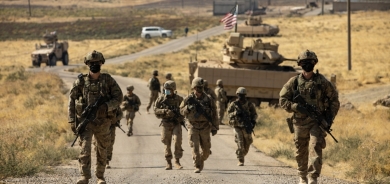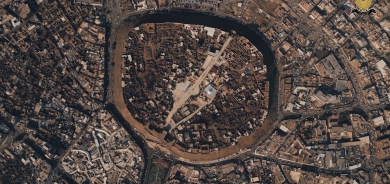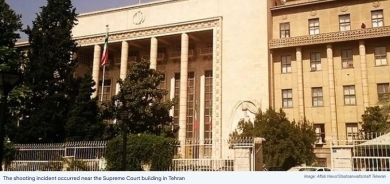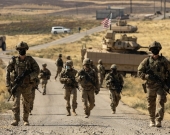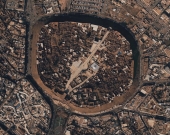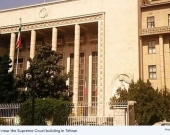Egypt referendum: Vote under way amid tight security

The new charter aims to replace the constitution passed under Islamist President Mohammed Morsi months before he was ousted by the army.
The military wants a strong Yes vote to endorse Mr Morsis removal.
His Muslim Brotherhood, now designated a terrorist group, is boycotting the vote. Five people have died in clashes.
One person was killed during an anti-referendum protest in Bani Suef, south of Cairo, the governor there told the BBC.
Three people were killed in clashes with security forces in the Upper Egypt city of Sohag while a further death was reported in Nahia, in the Giza district of Cairo.
Shortly before voting began, an explosion took place near a court building in Cairos Imbaba district, although no casualties were reported.
A huge security operation is being mounted for the two days of voting. Some 160,000 soldiers and more than 200,000 policemen are being deployed nationwide.
Army chief Gen Abdel Fattah al-Sisi visited one polling station in north Cairo, telling guards there: "Work hard. We need the referendum to be completely secured."
The BBCs Orla Guerin in Cairo says this has been a distorted campaign, with endorsements for the new constitution flooding state-run and private TV and radio.
However, spotting any posters from the No campaign is a lot harder and people have been arrested for putting them up, our correspondent says.
Democratic or not, she says, the referendum is seen by many as more than a ballot on a new constitution - it is widely viewed as a verdict on the removal of Mr Morsi.
State-run media were on Tuesday describing the vote as a "democratic ceremony" - a term widely used during the Hosni Mubarak era but not heard since he was ousted in the revolution of January 2011.
BBC


